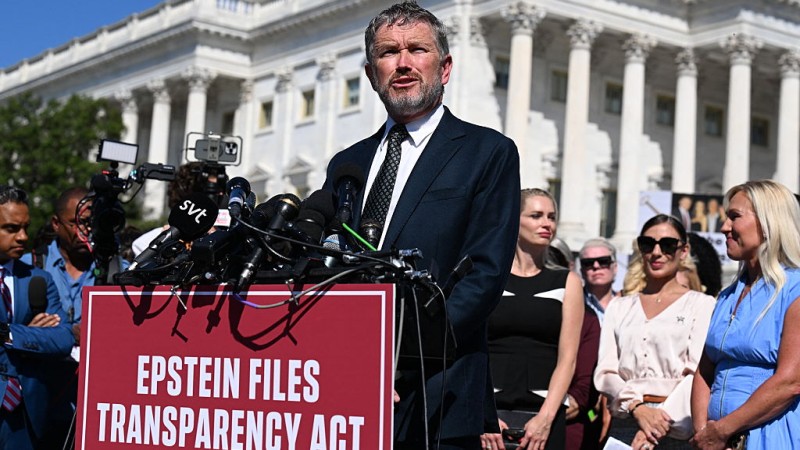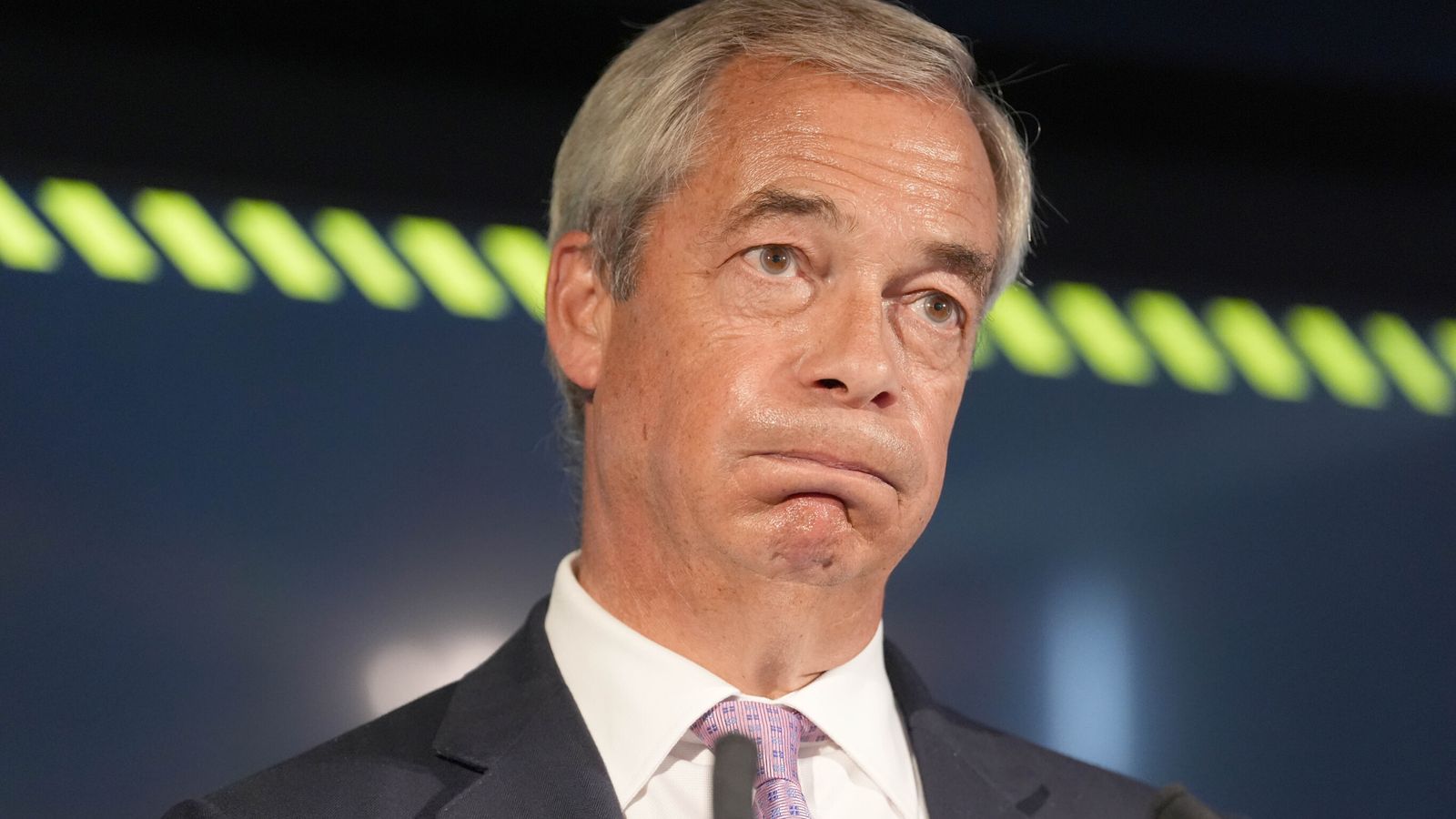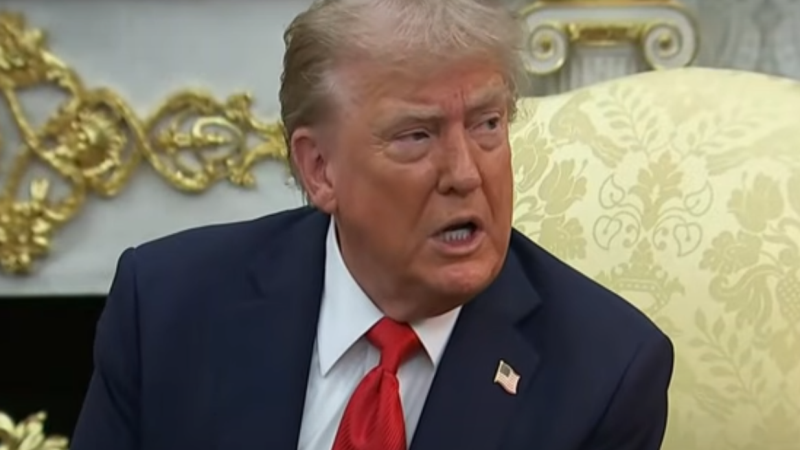Victoria’s Secret Features Trans Model in ‘Fashion Show 2025’ Announcement

CNN Panelist: Next Democrat President Could Deploy Military Door-To-Door to Confiscate Guns From Law-Abiding Americans

Trump Admin Calls Congressional Support For Rep. Massie’s Petition To Release Epstein Files A ‘Hostile Act’

DeSantis to End ALL Vaccine Mandates in Florida

Reform UK Leader Farage Urges US To Stand Up Against Censorship In Britain

Reform UK leader Nigel Farage has warned the US Congress that censorship laws in Britain will have a stifling effect on free speech in the West. He is urging the American government to pressure London […]
The post Reform UK Leader Farage Urges US To Stand Up Against Censorship In Britain appeared first on The People’s Voice.
Watch! Trump Is Live Now With The President Of Poland

